Addiction Treatment Process of Couples Rehab in Alabama
Addiction Treatment Process of Couples Rehab in Alabama

Table of Contents
It is an arduous undertaking to achieve sobriety for people going through a substance use disorder (SUD). In case, both the partners in a romantic relationship are consuming drugs or alcohol to a level of being addicted to it, then it becomes even more challenging for either of them to get sober. In 2021, 16.5 percent of the US citizens reported to have SUD in the previous year. Fortunately, you are in luck because there are centers for couples rehab in Alabama that helps couples undergoing substance abuse, irrespective of whether they are married or cohabiting.
How Does Substance Use Disorder Stress a Relationship?
Are you looking for couples rehab near me? Couples Rehabs can help. If one or both of the partners in the relationship are abusing substances, the overall wellbeing of the relationship undoubtedly deteriorates along with the physical and mental health of both individuals. Drug and alcohol addiction promotes toxicity in a relationship, leading to poor functioning in and out of the dynamics of the relationship. Substance abuse also increases stress and multiple other problems that usually impact all the facets of life negatively. Couples rehab in Alabama offers couples a chance to mend their wrecked relationship where they can receive effective addiction treatment for couples.
SUD causes several issues such as:
- Heated quarrels between partners regarding using substances
- Avoidance or negligence of responsibilities related to home, family, finances and work.
- Staying out late
- Involvement in codependent behaviors, for instance to cover wrongdoings of a partner, to make excuses or call in ‘sick’ to work on their behalf.
- Instances of domestic violence
- Belief that using drugs or drinking alcohol can alleviate depression, stress, or anxiety triggered by the fights about substance use.
- Belief that using substances can increase the romantic intimacy between the partners
- Avoiding gatherings
- Increasing isolation from family and friends
- Replacing healthy hobbies with abusing substances.
- Partners only enjoy abusing substances together
Increased substance abuse usually makes it hard for individuals in a relationship to address current issues because addiction then brings up additional gaps in the emotional connectivity between the partners, leading to driving further maladaptive patterns of using substances. It becomes imperative for individuals to join addiction treatment programs for couples rehab in Alabama to confront and stop this potentially perpetuated cycle of addiction.
The Process of Couples Rehab in Alabama
The hold of addiction not only messes with the individual abusing substances but also negatively influences the smooth functioning of their intimate relationship, making it paramount that partners go for a couples rehab. Our couples rehab in Alabama offers a heaven-like place for partners to cross this challenging path hand to hand, experiencing the most effective therapeutic interventions, and after support.
Let us navigate you through the process of addiction treatment for couples in our esteemed couples rehab in Alabama. The mutual support and motivation offered by each partner to others makes this healing journey easier and rewarding. Following is the treatment process breakdown.
Step 1: intake and Assessments
We conduct a thorough assessment of the couples when they join couples rehab in Alabama. This process assists our professionals comprehend the severity and nature of addiction of each of the partners. Moreover, our therapists navigate through the dynamics of a couple’s relationship to design a tailored treatment plan for them that is based on their unique circumstances, needs, and preferences.
Step 2: Detox
Detox is the first and foremost step of the addiction treatment process. Couples are guided safely across the process of withdrawal in a medically secure and supervised environment. Our couples rehab in Alabama ensures that any potential complication or discomfort is either avoided or managed effectively.
Step3: Individual and Couples Therapy
Individual therapy sessions deal with the specific needs and struggles of each partner individually whereas joint sessions emphasize on the entire relationship, focusing on both partners. Couples rehab allows partners to learn the ways to interact, resolving conflicts, and understanding the implications of addiction within the realm of their relationship.
Step 4: Therapeutic Interventions
At couples rehab in Alabama, innovative and traditional therapeutic approaches are amalgamated to employ into the addiction treatment. We use a holistic approach by employing a blend of experiential therapies such as music and art therapy and cognitive behavioral therapy (CBT) to ensure a rapid recovery of our patients.
Stage 5: Skills Development Workshops
Our experts equip couples with strategies and tools that lead to sobriety and increase the overall wellbeing of the relationship at couples rehab at Alabama. For instance, relapse prevention strategies, communication skills, and stress management is emphasized at couples rehab.
Stage 6: Aftercare Planning
The completion of an addiction treatment program does not end the recovery process. Couples rehab in Alabama provides couples with an aftercare plan to guarantee that they undergo a smooth transition back to their routine lives while offering them a continued support system.

Addiction Therapy During Couples Rehab in Alabama
Relationship dynamics are complex and sensitive, addiction usually weaves challenging patterns, causing rifts and bringing aspects of mistrust, miscommunication, and pain. No doubt that individual recovery is paramount but recovering as a couple is equally important. Couples addiction therapy constitutes an integral part of the rehab for couples. Couples rehab in Alabama believes that partners undergoing rehab together can generate transformative powers that help in rebuilding, reconnecting, and rejuvenating relationships wrecked by substance abuse. In our couples rehab, addiction therapy for couples is personalized according to the particular needs and dynamics of every relationship.
Expert Therapists
Our professional and experienced therapists are expert in treating addictive behaviors and correct the wrong dynamics of a relationship, guaranteeing that comprehensive care is provided to the couples.
Customized Plans of Treatment
We understand that every relationship is distinct, having unique dynamics and preferences. Our couples rehab in Kentucky designs treatment plans to cater to the specific circumstances and demands of each couple while emphasizing individual and collective needs.
Integrating Multiple Therapies
From experiential therapies to cognitive-behavioral therapy, our couples rehab in Alabama offers a multi-faceted, variety of therapeutic interventions.
Emphasizing Communication
Recovery becomes extremely difficult without effective and clear communication. Our skilled therapists at couples rehab in Alabama, individuals are equipped with the essential skills to have smooth conversations, carefully listen and comprehend each other.
Continuous Support and Aftercare
Recovery cannot be achieved overnight, it is an ongoing journey that requires utmost consistency and dedication. Our therapy programs at couples rehab include relapse prevention strategies and aftercare plans to ensure that couples can get continuous support as soon as they transition into their normal lives after the rehab process.
Join Couples Rehabs to get the best therapy sessions for you and your partner to get your relationship right and addiction-free. Call us today.
How to Find the Right Couples Rehab in Alabama?
When couples seek joint recovery, they need to carry out more specific searches. Let’s navigate through the important pointers on choosing the right couples rehab in Alabama, highlighting Couples Rehab as a premier option.
Determining the Needs
Every individual’s addiction and its triggers are unique therefore everyone’s treatment plan should also be tailored to meet those specific requirements. Whether it is dual-diagnosis needs, alcohol dependence, or drug addiction, identifying and catering to individualized challenges faced by both spouses hold massive significance.
Research Intervention for Addiction Treatment
A holistic rehab plan will include a variety of treatment methods, incorporating traditional therapies such as Cognitive Behavioral Therapy (CBT) to more diverse strategies such as meditation and yoga.
Specialized Couples Rehab Plans
Though several rehab centers provide addiction treatments, not all of them offer addiction rehab for couples. Couples Rehabs offers couples rehab in Alabama which stands out by offering personalized plans that focus on the specific circumstances of couples seeking joint recovery programs.
Licensing and Accreditation
The rehab center should be licensed by the state or authorities and accredited by reputable organizations. Couples Rehabs offers an option for couples rehab in Alabama that ensures high standards of treatment and care.
Aftercare
As stated that recovery does not stop with the completion of a rehab program. Couples rehab in Alabama guarantees a smooth post-treatment transition by providing a comprehensive program for aftercare, customized to the needs of each couple.
Cost and Duration
The duration of every rehab program varies, ranging from short-term detox plans to long-term residential treatment programs. It is essential to understand the associated cost and the treatment duration to align both factors with the couples’ needs. Couples Rehabs accepts insurance plans covering treatment programs, making it a viable option for couples.
Get your addiction treated at Couples Rehabs that ensures quality and standardized care for partners, providing individualized and joint rehab plans. Get yourself registered with us today.
Conclusion
Hence, if you and your partner are suffering due to substance use disorder and want to get rid of this stronghold of addiction then couples rehab in Alabama is your way to healing. Don’t let addiction spoil your beautiful relationship and join us today to get treatment.
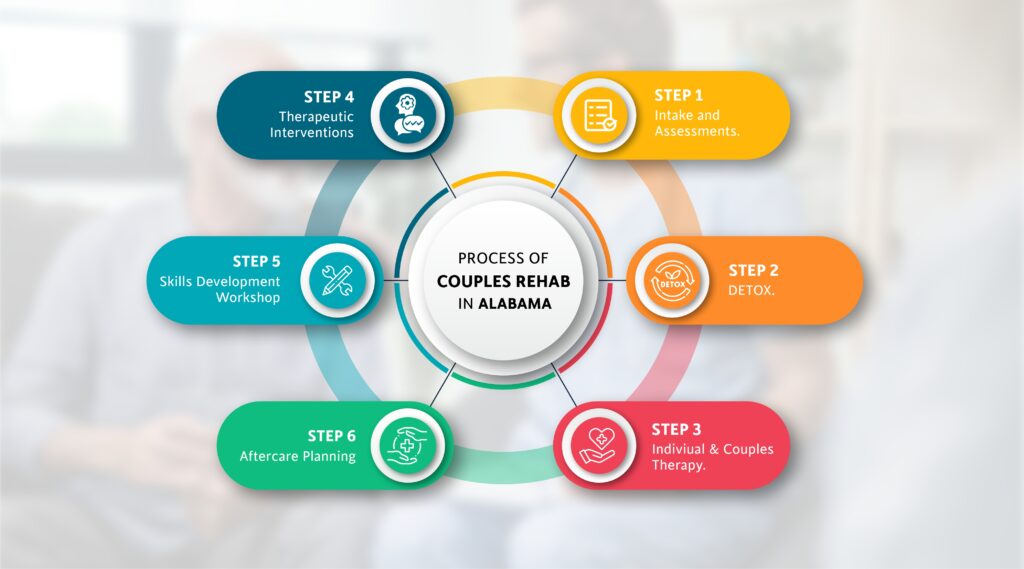
Inpatient Rehab related topics:
Frequently Asked Questions
What is couples rehab?
It is an addiction recovery program which caters to couples seeking treatment together. It involves joint therapies and interventions aimed at addressing the needs of each partner in a relationship.
Why do couples need rehab?
Couples who are suffering due to substance abuse and are motivated to get rid of their addiction, they need a rehab where they can get sobriety.
How does substance use disorder affect my family?
SUD can lead to financial burdens, legal conflicts such as drunk driving, and domestic violence, causing severe problems for the family of the person using substances.



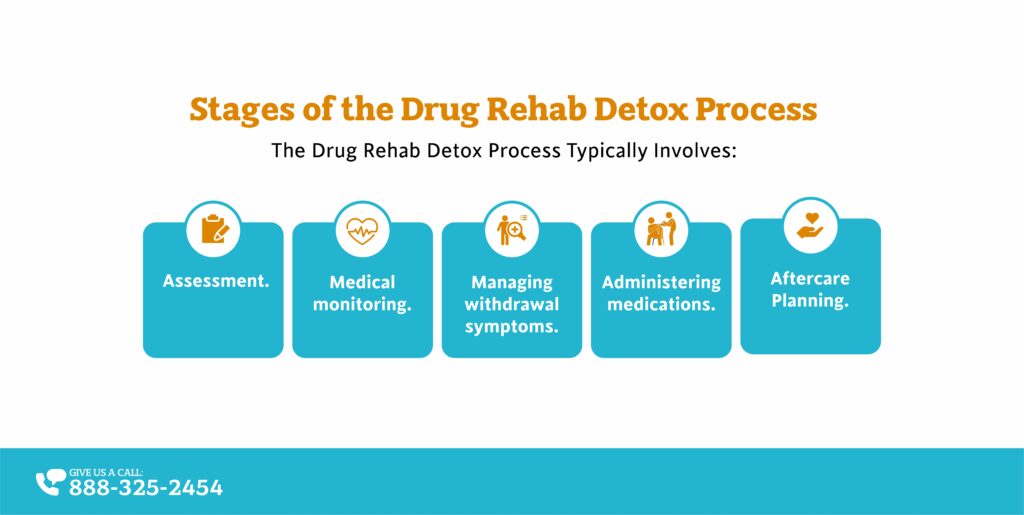







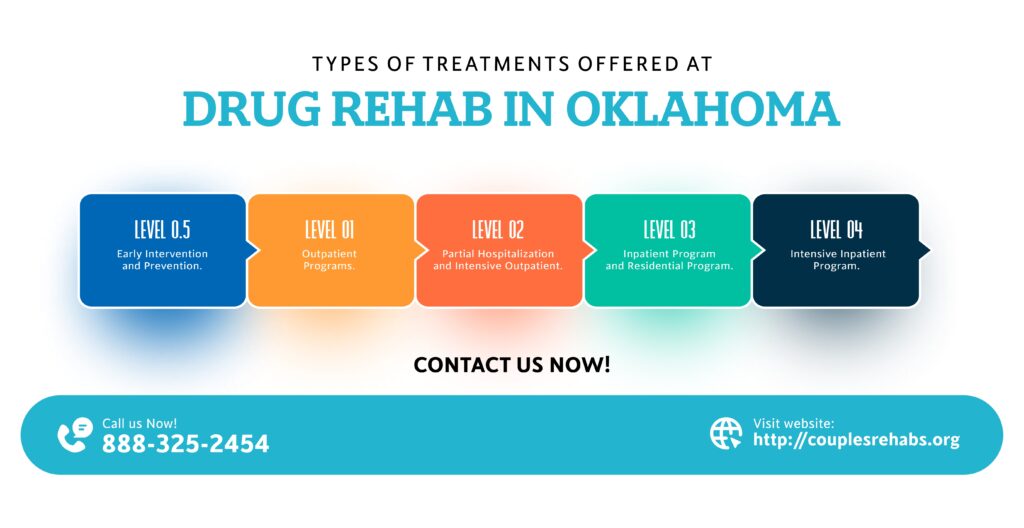



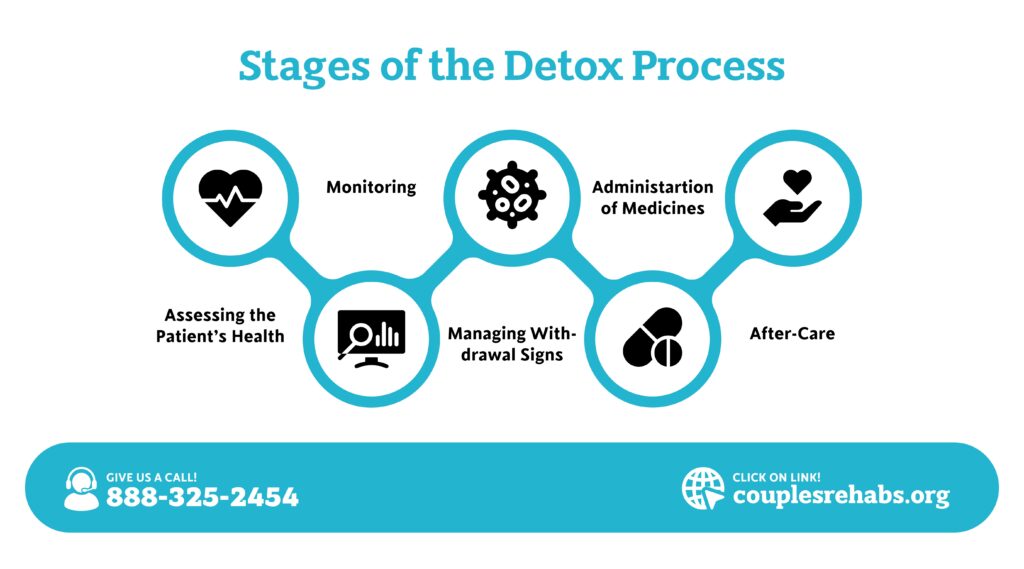



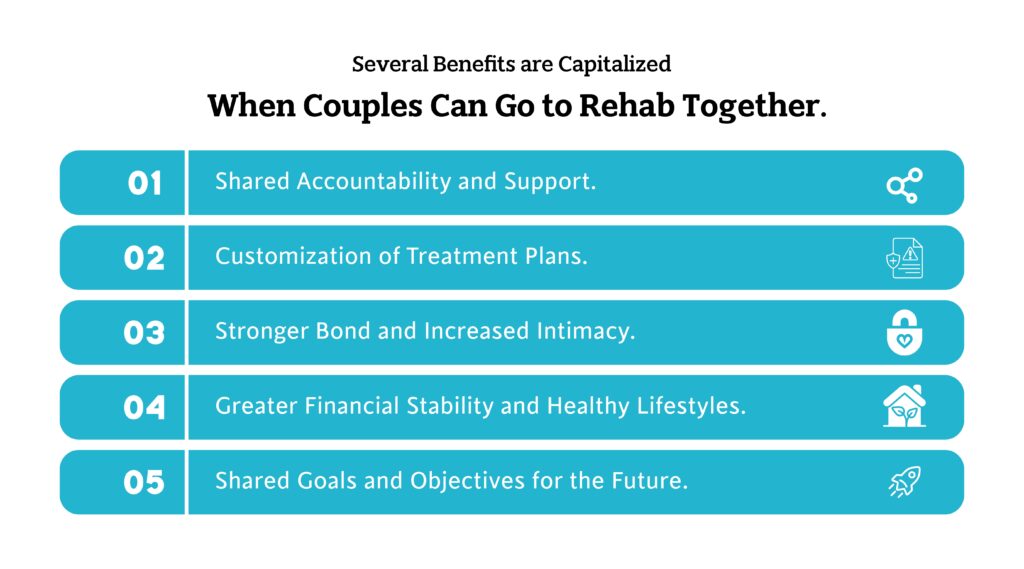



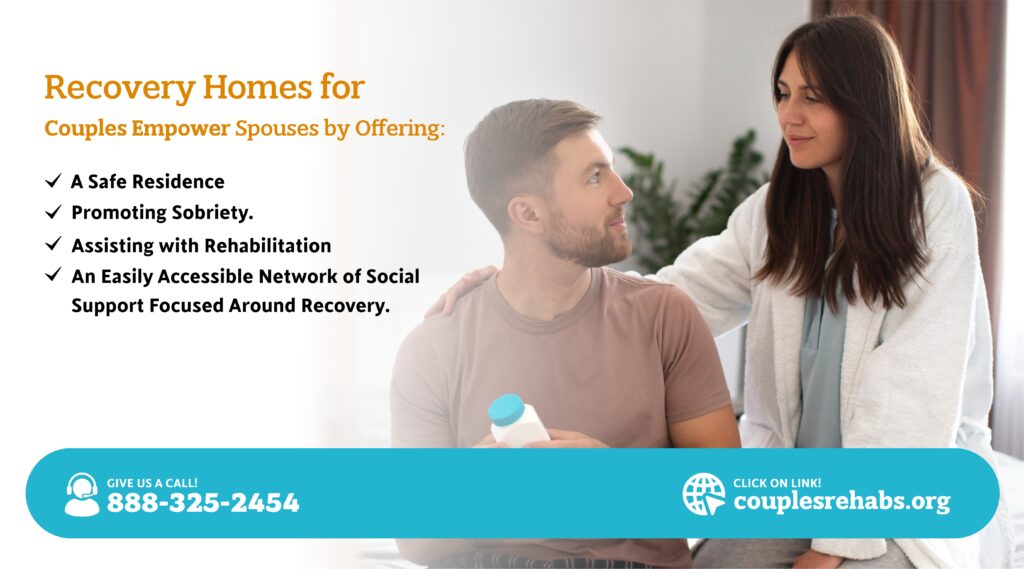




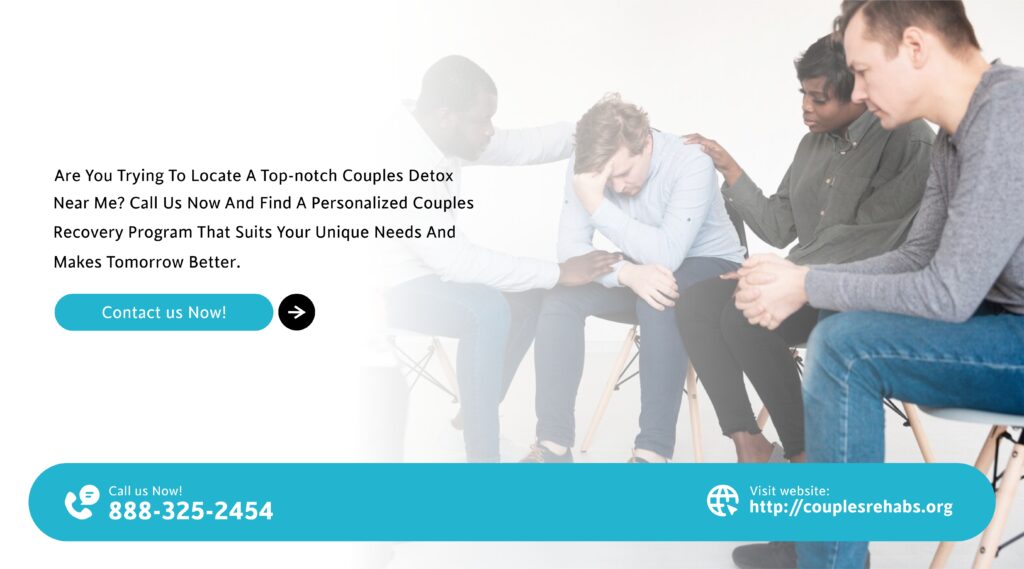







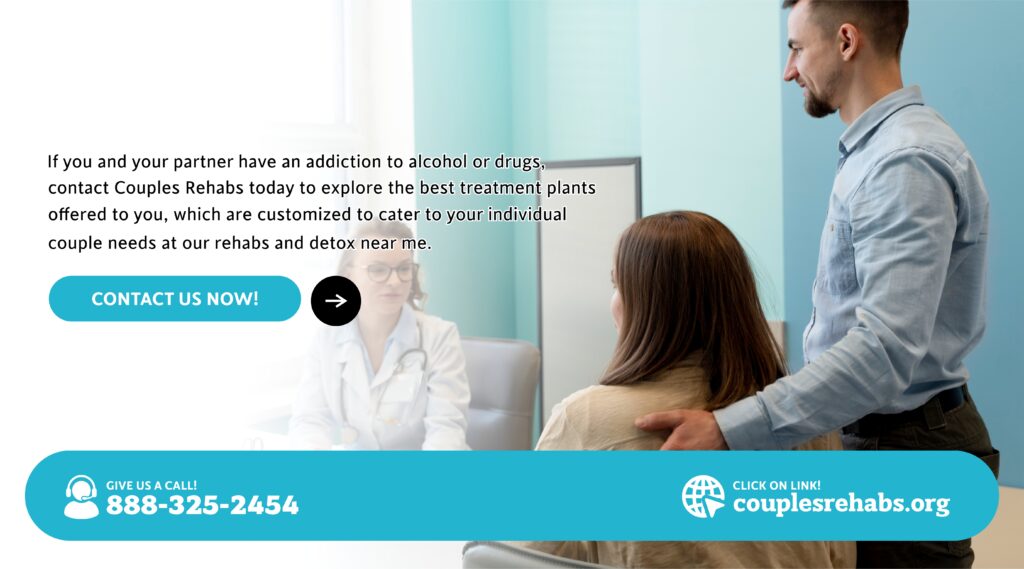
Recent Comments